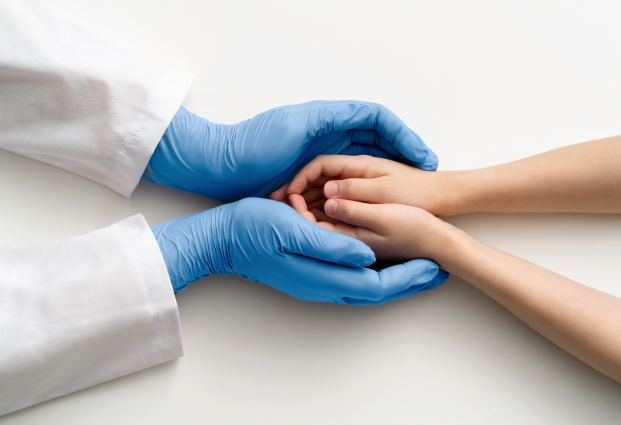Hand Transplant
Gleneagles Hospitals, a top hand transplant hospital in Mumbai, offers cutting-edge medical care with state-of-the-art technologies and advanced surgical procedures.
We are aware that losing a hand can impact an individual’s independence, quality of life, and confidence level. That’s why our expert team is dedicated to providing life-changing chances for their patients to regain their lost independence via advanced hand transplantation equipment. The doctors at Gleneagles are at the forefront of research and innovation, in setting and raising the quality of care for their patients.





















